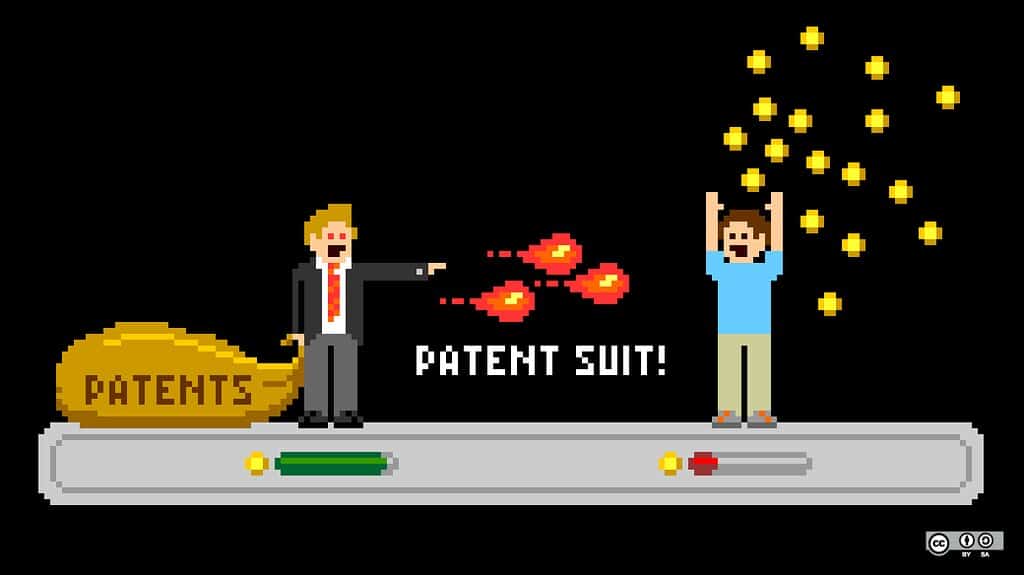Some inventors are fortunate enough to create a technology or device that becomes what is called a “standard essential” technology/device for an entire industry. Generally speaking, “standard essential” technology is that which is necessary to ensure compatibility between similar products made by different manufacturers. Consider a typical smartphone. A smartphone made by one company will connect with a smartphone made by a different company. This compatibility is made possible by industry standards.
Industry standards are created and maintained by “standard-setting organizations” (“SSOs”). Many SSOs are wholly embedded within their industries; others are formed by governments and have a quasi-government status. Many other SSOs have both features.
As noted above, an inventor that creates (and patents) a standard essential technology is fortunate indeed. Because the technology is “essential” to the industry standards, the patent holder can expect to license their technology to many manufacturers and end-users and, consequently, can expect to receive a lot of royalty fees. However, there is a danger here because a patent holder of a standard essential technology could demand very high and industry-damaging royalty fees. By its nature, a patent gives its holder a monopoly on manufacturing, selling and licensing the invention.
SSOs are aware of this potential danger. As such, it has now become routine for SSOs to demand that, before any technology/device will be deemed “standard essential,” the holder of the patent must declare to the SSO its willingness to issue patent licenses on the basis of FRAND terms. FRAND stands for “fair, reasonable and nondiscriminatory.” A patent holder’s agreement to provide licenses on FRAND terms is intended, essentially, to be a contract between the SSO and the patent holder for the benefit of the licensees. SSOs do not mandate what FRAND terms are, or identify what FRAND royalty rates would be or even become involved in proposing FRAND licensing provisions. It is for the patent holder and the various licensees to negotiate what constitutes FRAND terms.
Disputes over whether a given patent license and/or royalty rate is FRAND has generated quite a bit of litigation over the last couple of decades. When a patent holder and would-be-licensee dispute whether a license is consistent with FRAND terms, the parties must litigate. The resulting litigation is not, strictly speaking, patent litigation. Rather, the causes of action sound more in contract law and in doctrines related to good faith and fair dealing. That being said, often, FRAND cases also have causes of action for patent infringement since the patent holder and licensee may have been engaged in business for some time.
In FRAND cases, the most vexing legal issue is usually the question of whether the royalty rate is FRAND. In general, the patent holder will demand a royalty rate based on the cost of the whole device — like a smartphone — whereas potential licensees argue that a proper FRAND royalty rate would be based on components.
Contact Revision Legal For more information or if you have an invention that you want to patent, contact the patent lawyers at Revision Legal at 231-714-0100.




